Notion Press
Old No. 38, New No. 6
McNichols Road, Chetpet
Chennai - 600 031
First Published by Notion Press 2016
Copyright Ankesh Kothari 2016
All Rights Reserved.
ISBN 978-93-5206-976-7
This book has been published in good faith that the work of the author is original. All efforts have been taken to make the material error-free. However, the author and the publisher disclaim the responsibility.
No part of this book may be used, reproduced in any manner whatsoever without written permission from the author, except in the case of brief quotations embodied in critical articles and reviews.
Abraham Lincoln
The Unique Strategy Abe Lincoln Used to Win an Election
In the year 1860, the Republican Party in United States had to select their presidential nominee.
Everyone thought that William Sewardthe senator from New Yorkwould win the nomination with ease. He was the most popular candidate by far.
There were a few other candidates too. Notable amongst them were Edward Bates of Missouri and Salmon Chase of Ohio. One relatively unknown candidate from Illinois joined the race too: Abraham Lincoln.
Lincolns Strategy to Outsmart His More Popular Competitors
Lincoln knew that he wont be able to become the favorite choice of the majority of the delegates. Many delegates were too loyal to Seward, Bates and Chase already. But Lincoln also knew that no candidate had more than 50% backing of the delegates.
So Lincoln decided on a strategy to become the number two choice of the highest number of delegates!
His strategy was to give offense to no one. He wanted to leave the delegates in the mood to come to us, if they shall be compelled to give up their first love.
So while Seward, Bates and Chase concentrated only on their core constituency, Lincoln traveled the countrywilling to go anywhere to give speeches.
For example, when Seward was on a trip to Europe and Cooper Union in New York was looking for a Republican to give a speech to its audience, Salmon Chase declined the invitation thinking that he could make no in-roads in New YorkSewards state. But Abraham Lincoln jumped on the chance in a jiffy!
How Does the Strategy Fare During Nomination?
It was May 18, 1960the day when Republican delegates nominated their presidential candidate. A candidate required at least 233 votes to win. In the first round, the results were the following:
 Seward: 173 votes
Seward: 173 votes Lincoln: 102 votes
Lincoln: 102 votes Chase: 49 votes
Chase: 49 votes Bates: 48 votes
Bates: 48 votes
Seward had the lead with a very good margin. But things changed quickly during the second round when people started changing their votes to select one sole winner.
In Round 2, Seward received 184 voteshardly moving ahead. But Lincoln made huge strides and received 181 votesonly 3 votes behind Seward.
Both Chase and Bates lost ground and the match was now between Seward and Lincoln alone.
But over the years, Seward made quite a few enemies. And not many people liked him outside his core constituency. On the other hand, Lincoln had spent a lot of time making sure that he was the number two choice of the majority of the delegates. Hence, in Round 3, Lincoln quickly gained the lead and crossed 233 votes to become nominated as the Republican Presidential candidate!
Action Summary:
 If the competition is stiff, and youre not the first one on the scene, then instead of trying to become the number one choice of people, position yourself to become the best number two choice out there.
If the competition is stiff, and youre not the first one on the scene, then instead of trying to become the number one choice of people, position yourself to become the best number two choice out there. People love an underdog. It doesnt take much to go from being number two to number one if youve not offended a lot of people.
People love an underdog. It doesnt take much to go from being number two to number one if youve not offended a lot of people.
Alexander the Great
How Alexander Actually Became Alexander the Great
Alexander came to his throne at the ripe young age of twenty when his father Philip of Macedon passed away. Being extremely ambitious, Alexander started a military campaign right away. Over the next few years, he conquered the Balkans, Turkey, Syria, Jerusalem, and Egypt. And then, he decided to attack the mighty Persian Empire.
Alexander started by attacking and conquering the smaller Persian Satraps. After a few such skirmishes and battles, Dariusthe king of Persiadecided to swat Alexander out of Persia. He gathered a huge army of more than 100,000 soldiers and marched on.
Alexander Versus Darius
Darius actually surprised Alexander. Instead of attacking Alexander head on with a massive army, Darius marched behind Alexanders command line and cut off his supply. Alexander had no choice but to countermarch and face Darius. It was suicide, as Alexander only had 40,000 soldiers. Darius had better equipment and weaponry than Alexandermore horses and chariots too.
How Did Alexander Win against the Overwhelming Persian Forces?
Even Alexanders generals feared the upcoming warpredicting it would be a blood bath.
Alexander realized that it would be very hard to win against the Persian army. It was just too big. So Alexander gave just one simple order to his soldiers:
Kill Darius
Every soldier in Alexanders force had one clear mission, one clear target: Darius. They didnt have to beat the entire Persian army. They just had to kill one target. As soon as the war began, they went after that one target in full force.
Their focus took the Persian wing that protected Darius by surprise, and Darius soon realized what Alexander was up to. He fled to save his life. Seeing their commander and king run away, the other generals and soldiers fled too.
And Alexander, with poor equipment and outnumbered soldiers, won against the mighty Persians.
Alexander became Alexander the Great.
Action Summary:
 Focus.
Focus. You can take on much bigger competitors if you focus all your energy into something they are weak at.
You can take on much bigger competitors if you focus all your energy into something they are weak at.
The Stories that Need Telling
I only tell stories, Your Grace. They may be truths, they may be fictions. All I know is that the stories themselves exist and that I must tell them.
Hoid (Warbreaker)
Brandon Sanderson
This book contains stories of geniuses: folks who have reached the top of their fields in science and politics and sports and business and war and entertainment.
I have tried to make sure that these are accurate stories. But full disclosure: Ive not met any of these geniuses. Its based on second hand research.
But the stories needed telling. And so here they are. Hope they help motivate you and teach you a few tricks that can make your climb to the top easier.
Ankesh Kothari
(Student of the masters)
Why Should You Read Genius Biographies?
The Story of the Rise of Great Britain
In the fifteenth century, England was in a crisis. The society had stagnated. The economy was in a recession, and the country was torn by a civil war that had lasted for decades.
Finally, in 1485, Henry Tudor engaged Richard IIIthe then king of Englandin battle and won.
Coincidentally, in 1485, William Caxton, the first person to run a printing press in England, published Le Morte DArthurthe story of King Arthur and his knights of the roundtable in English.
Next page

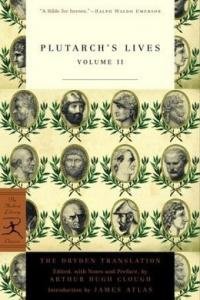
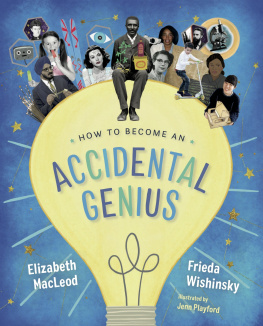

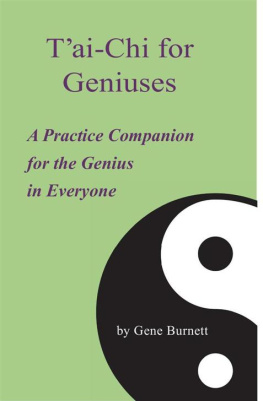
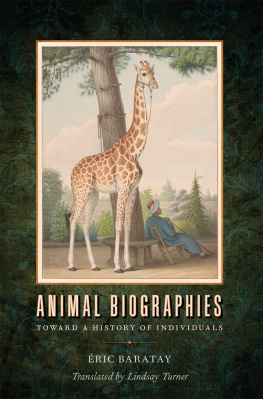


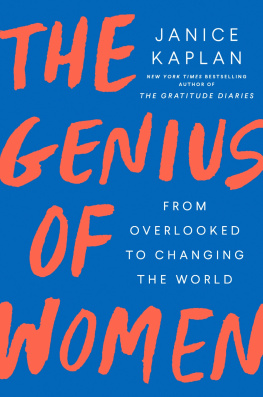
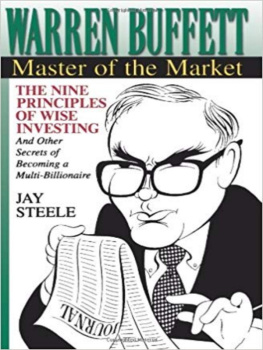
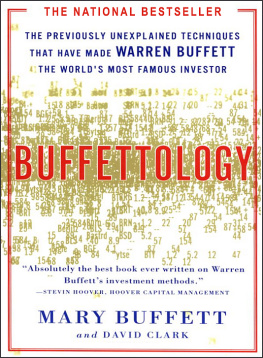
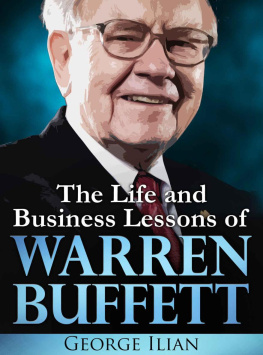
 Seward: 173 votes
Seward: 173 votes